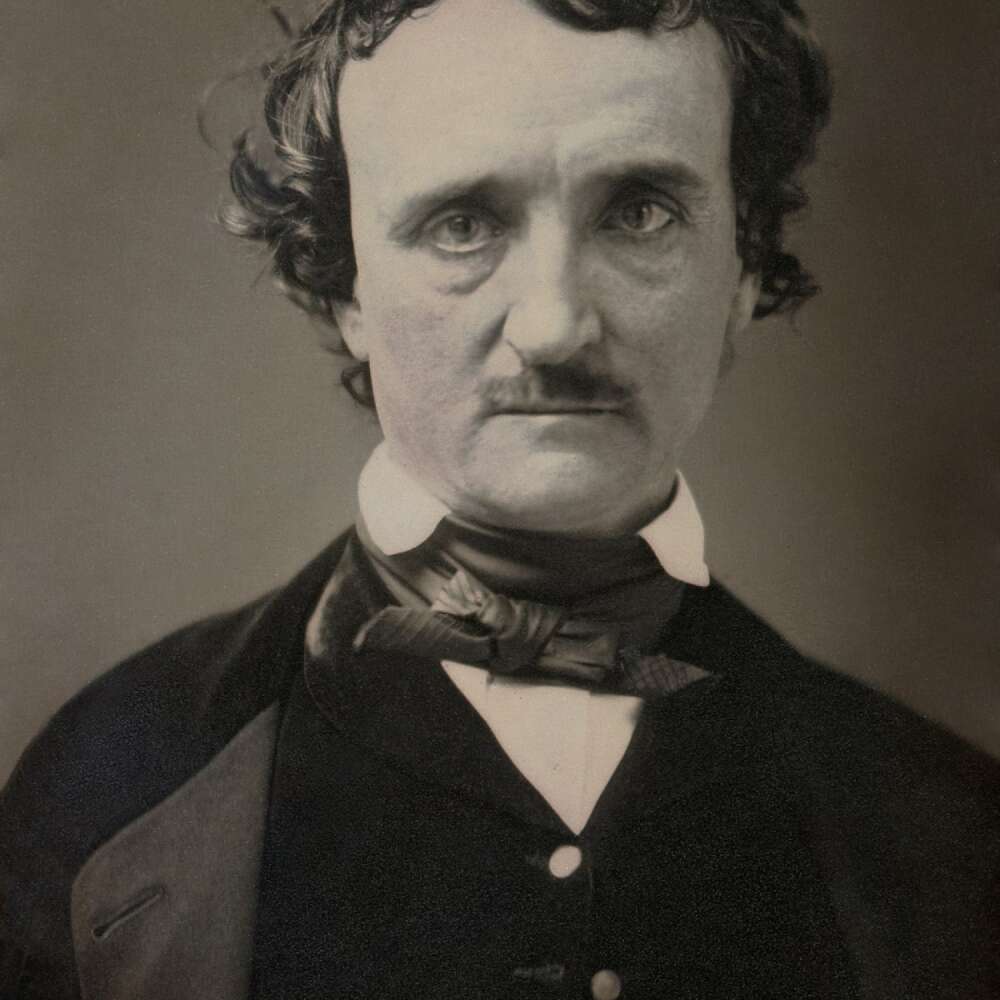
The Tell-Tale Heart
Edgar Allan Poe
Unabridged
17 minutos
Nota: La reproducción de los audiolibros o de las obras de audio en las respectivas plataformas, por ejemplo Spotify, puede generar gastos. Lismio no tiene ninguna influencia sobre qué audiolibros y obras de audio están disponibles en el servicio.
Algunos artículos contienen enlaces de afiliados (marcados con un asterisco *). Si hace clic en estos enlaces y compra productos, recibiremos una pequeña comisión sin coste adicional para usted. Su apoyo ayuda a mantener este sitio en funcionamiento y a seguir creando contenidos útiles. Gracias por su apoyo.
De la editorial
The Tell-Tale Heart by Edgar Allan Poe is a short story by American writer Edgar Allan Poe, first published in 1843. It is related by an unnamed narrator who endeavors to convince the reader of the narrator's sanity while simultaneously describing a murder the narrator committed. The victim was an old man with a filmy pale blue "vulture-eye", as the narrator calls it. The narrator emphasizes the careful calculation of the murder, attempting the perfect crime, complete with dismembering the body in the bathtub and hiding it under the floorboards. Ultimately, the narrator's actions result in hearing a thumping sound, which the narrator interprets as the dead man's beating heart.
Plot summary:
"The Tell-Tale Heart" is a first-person narrative told by an unnamed narrator. Despite insisting that they are sane, the narrator suffers from a disease (nervousness) which causes "over-acuteness of the senses".
The old man, with whom the narrator lives, has a clouded, pale, blue "vulture-like" eye, which distresses and manipulates the narrator so much that they plot to murder the old man, despite also insisting that the narrator loves the old man and has never felt wronged by him. The narrator is insistent that this careful precision in committing the murder proves that they cannot possibly be insane. For seven nights, the narrator opens the door of the old man's room to shine a sliver of light onto the "evil eye." However, the old man's vulture-eye is always closed, making it impossible to "do the work," thus making the narrator go further into distress.
On the eighth night, the old man awakens after the narrator's hand slips and makes a noise, interrupting the narrator's nightly ritual. The narrator does not draw back and after some time, decides to open the lantern. A single thin ray of light shines out and lands precisely on the "evil eye," revealing that it is wide open. The narrator hears the old man's heart beating, which only gets louder and louder. This increases the narrator's anxiety to the point where they decide to strike. They jump into the room and the old man shrieks once before he is killed. The narrator then dismembers the body and conceals the pieces under the floorboards, ensuring the concealment of all signs of the crime.
Plot summary:
"The Tell-Tale Heart" is a first-person narrative told by an unnamed narrator. Despite insisting that they are sane, the narrator suffers from a disease (nervousness) which causes "over-acuteness of the senses".
The old man, with whom the narrator lives, has a clouded, pale, blue "vulture-like" eye, which distresses and manipulates the narrator so much that they plot to murder the old man, despite also insisting that the narrator loves the old man and has never felt wronged by him. The narrator is insistent that this careful precision in committing the murder proves that they cannot possibly be insane. For seven nights, the narrator opens the door of the old man's room to shine a sliver of light onto the "evil eye." However, the old man's vulture-eye is always closed, making it impossible to "do the work," thus making the narrator go further into distress.
On the eighth night, the old man awakens after the narrator's hand slips and makes a noise, interrupting the narrator's nightly ritual. The narrator does not draw back and after some time, decides to open the lantern. A single thin ray of light shines out and lands precisely on the "evil eye," revealing that it is wide open. The narrator hears the old man's heart beating, which only gets louder and louder. This increases the narrator's anxiety to the point where they decide to strike. They jump into the room and the old man shrieks once before he is killed. The narrator then dismembers the body and conceals the pieces under the floorboards, ensuring the concealment of all signs of the crime.








